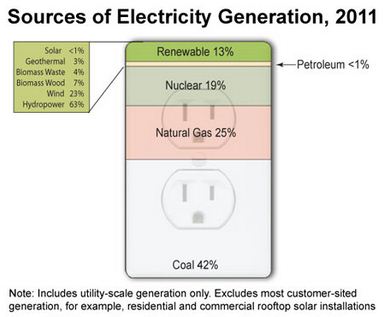Enough Winter
SEARCH BLOG: TRAVEL
Traveling inconvenience is a bit overhyped for the most part. The biggest issue is getting through secvurity... especially the way my wife packs. Of course, I have to admit that putting 2 dozen golf balls into the carry on makes the guy scanning the bag a bit surprised. He wanted to know if we could verify that the bag had golf balls, food, and dominos. Dominos? No, not the last one. So they had to take the bag aside for a special check. No dominos and a wipedown showed no traces of explosives residue. So we cleared security and headed to the gate... more than 2 hours early as usual. My wife is a "professional worrier" so we always have to arrive at our airport prior to our plane leaving the other airport.
The first order of business is to check out the restrooms and then the sundries shop for water and then the restaurants for the food menu. Low carb only, of course. Good luck with that.
We always overpack. I take my golf clubs if the destination is warm. Otherwise, my laptop is an essential and then about 1-1/2" of clothes in our shared suitcase. My wife gets the other 10-12" of space. We try to stay under the 50-lbs. limit. 5 lbs. for me and 45 lbs. for her. That includes about 25 lbs. of books. I often wonder if my wife actually sees anything on our trips. She is either reading blogs on Google Reader or reading her romance paperbacks. I fit my blog posts inbetween rounds of golf and anything else we do. By writing to Notepad first, I write whatever I want offline and then transfer it to Blogger later. There's probably a more efficient way, but I haven't found it yet. I could use Word, by I don't like all of the extra code that goes along with it.
It's good to get away from Michigan in the winter, but this winter seems to be cold all over the U.S. except for the West Coast. My elderly mother in Florida is complaining about the extended cold period they are experiencing. Highs in the 50s and lows in the 30s is not what she bargained for in Florida. It's still better than highs in the 30s and lows in the teens... and a driveway full of snow. But I've learned to take my lightweight fleece jacket with me anyway.
While I prefer driving, being on the road in the middle of winter... especially this winter... seems fraught with potential problems. So, we get on the plane with dozens of our closest friends and spend several hours trying not to move too much. 4 0z. of soft drink and an ounce of peanuts and we are magically transported to our destination. It pretty much shoots the day, but a day is saved going and returning. A friendly house and an available car makes the whole adventure inexpensive... except for the massive amount of food my wife will buy at Costco.
Most importantly, my golf bag and clubs made it through.






